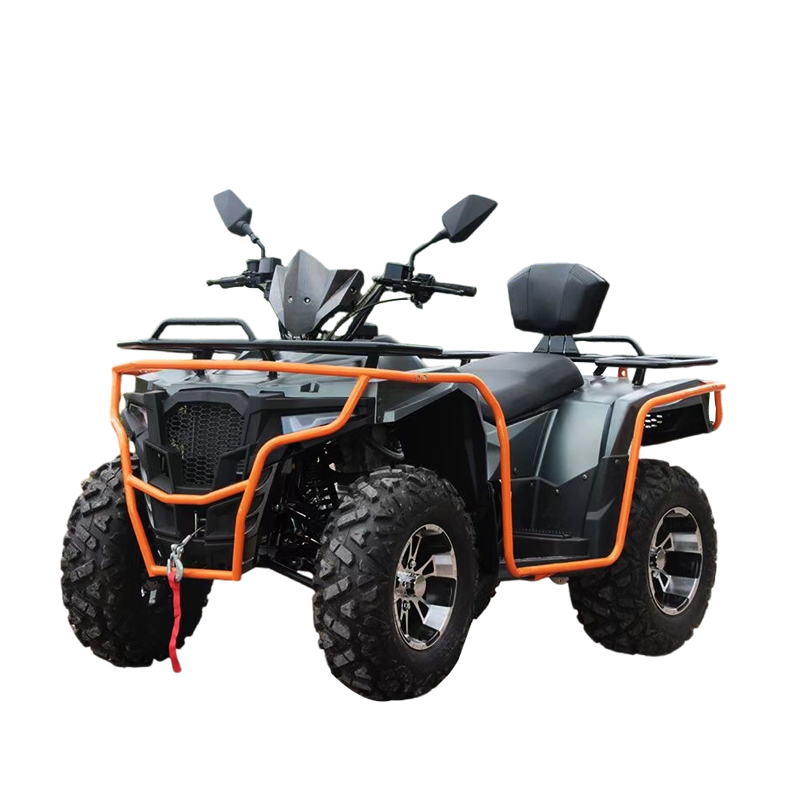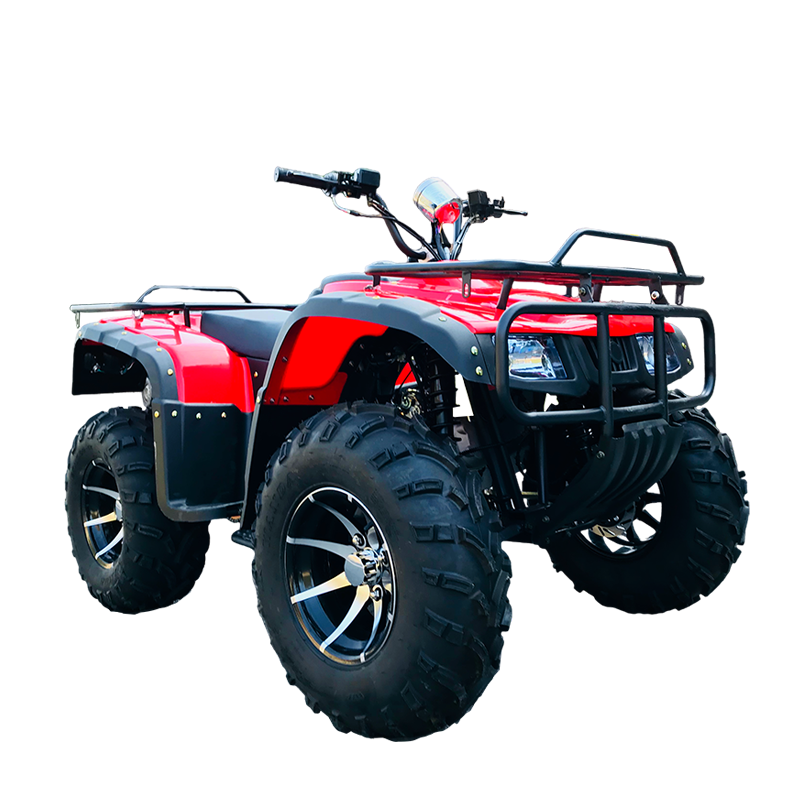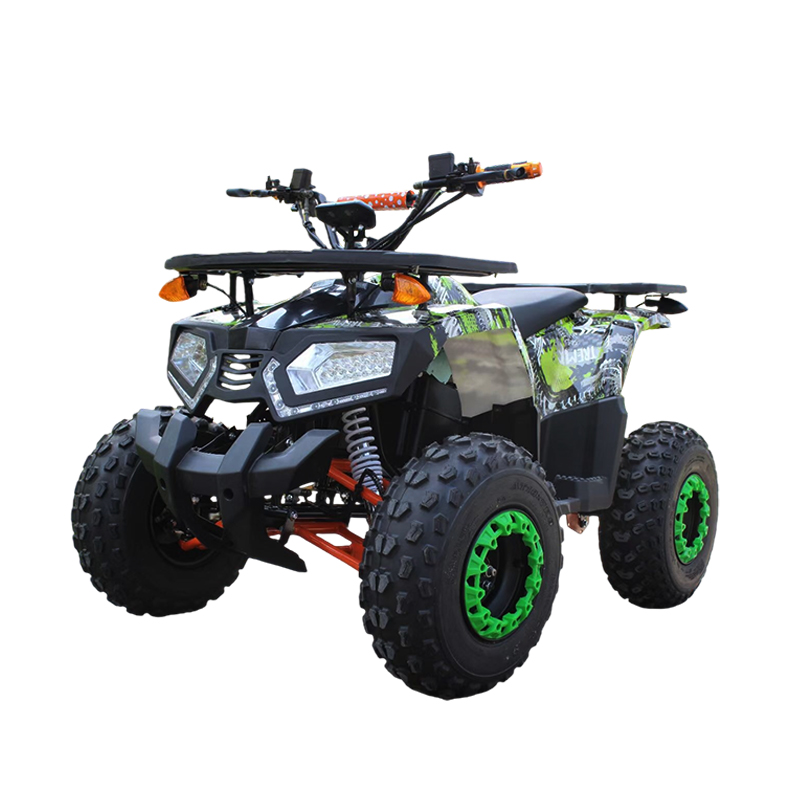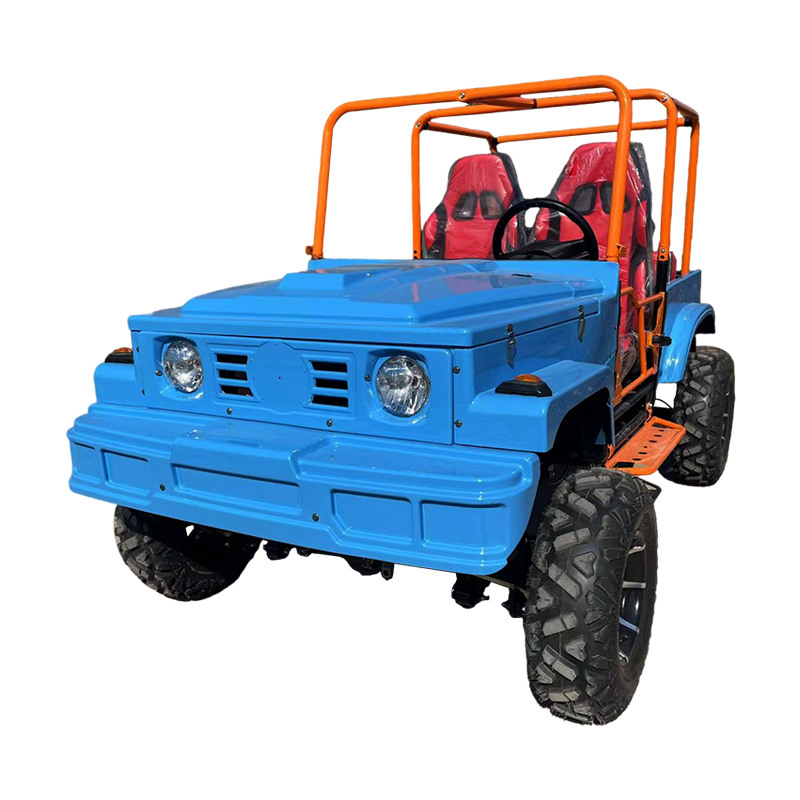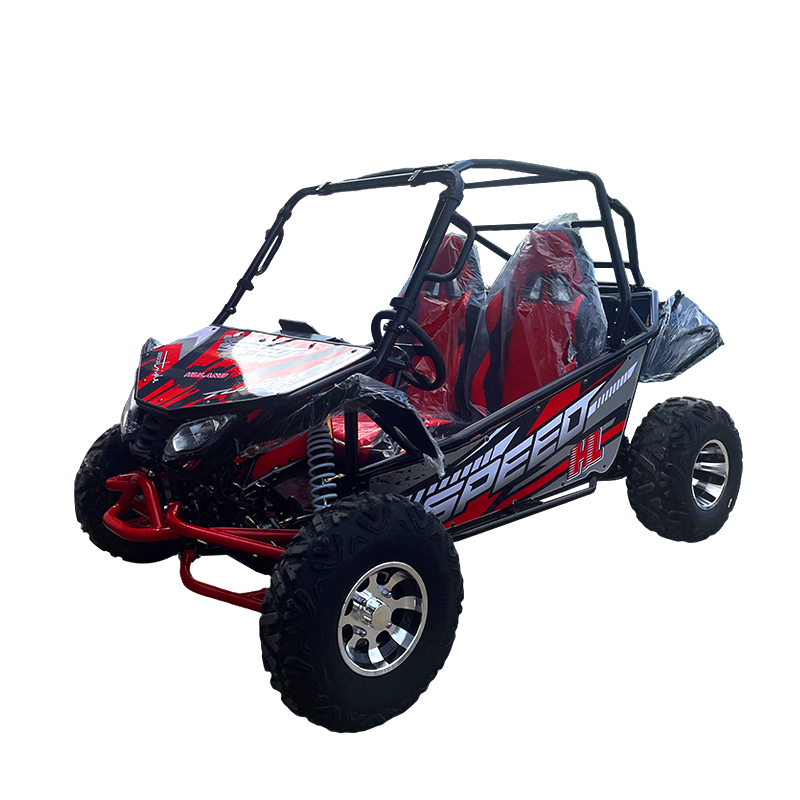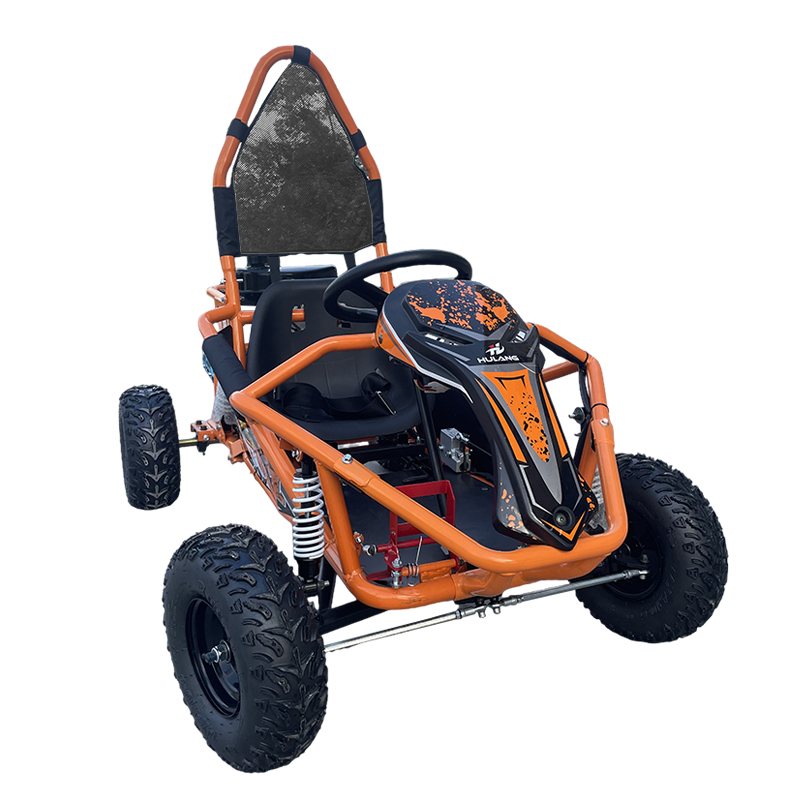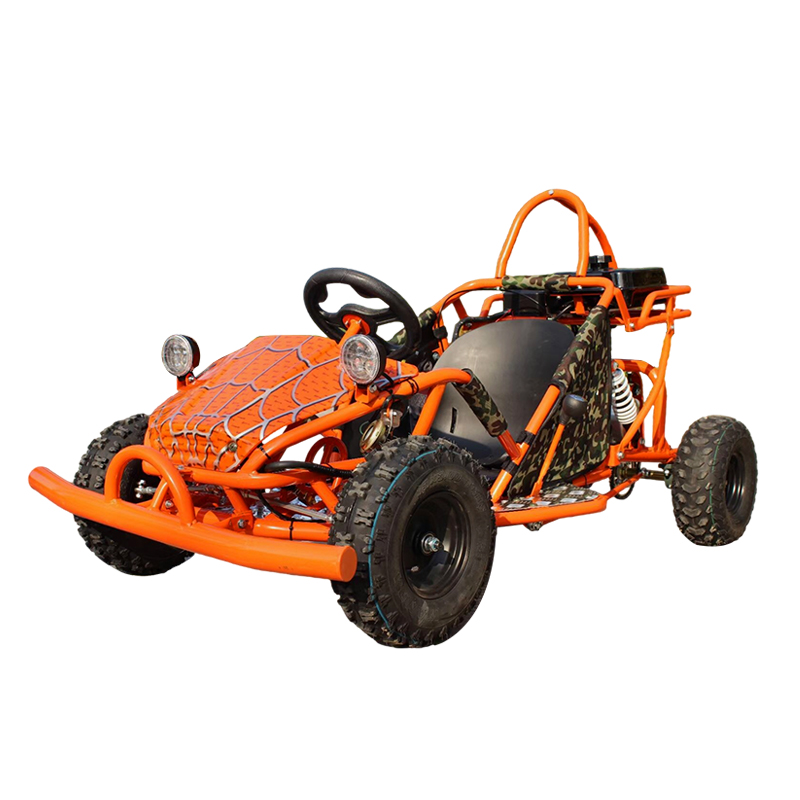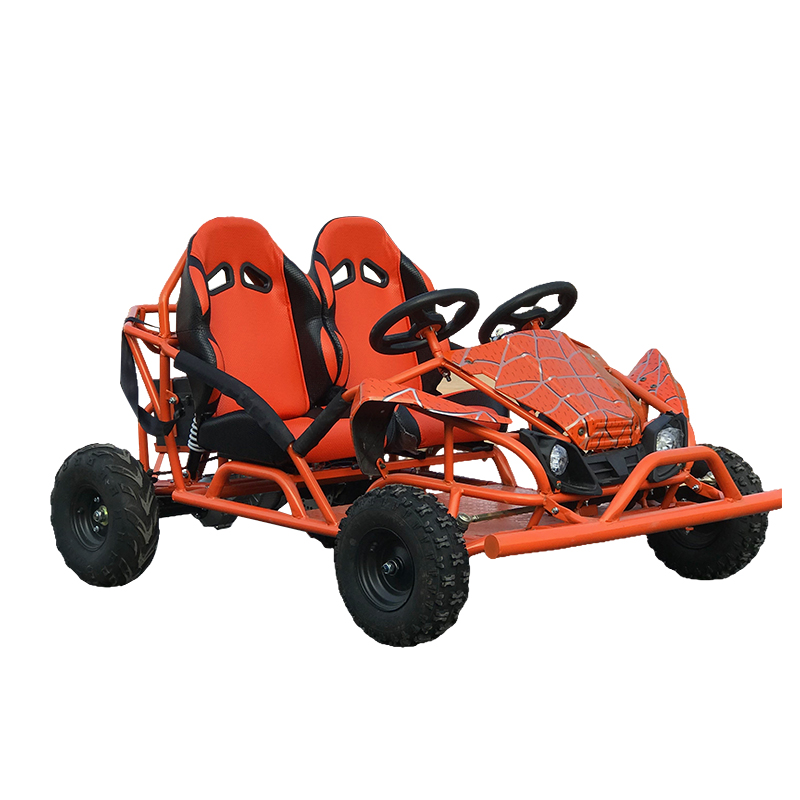Purchasing a UTV (Utility Terrain Vehicle) is a significant decision for anyone looking to explore rough landscapes, manage agricultural tasks, or enjoy recreational off-roading. As a specialized type of all-terrain vehicle, UTVs are built to handle diverse conditions, but choosing the right one requires attention to technical specifications, legal compliance, brand reliability, and functional fit. The following guide outlines essential considerations to help you make an informed decision when selecting from the wide range of UTV products available in the market.
1. Evaluate Core Hardware Parameters
When evaluating UTV four wheelers, the power system should be one of the top priorities. It's generally recommended to choose models equipped with CVT (continuously variable transmission) engines with displacements between 400cc and 1000cc. This range ensures sufficient power and torque for both work and play, especially in challenging environments like mountains or muddy terrain. Some high-performance UTV products, such as the Polaris Razor series, are well-known for their robust engine options and smooth transmission systems.
For riders tackling especially rugged conditions, UTV four wheelers with selectable two-wheel and four-wheel drive modes—or even six-wheel options—provide enhanced traction and control. In addition to power, safety features are critical. A proper all-terrain vehicle should come standard with a roll cage, three-point seat belts, and a reliable disc braking system. These features minimize the risk of rollovers and improve overall vehicle handling.
When it comes to off-road capability, several metrics define a UTV's performance. Recommended ground clearance should be at least 0.26 meters, and the vehicle should support a wading depth of no less than 0.4 meters. For hilly regions, the climbing grade should be 30° or more. To navigate unpredictable surfaces, UTV all terrain tires are a must. Whether you're driving through sand, mud, or gravel, these tires offer outstanding grip and durability. The ability to adjust tire pressure dynamically according to terrain conditions further enhances performance.
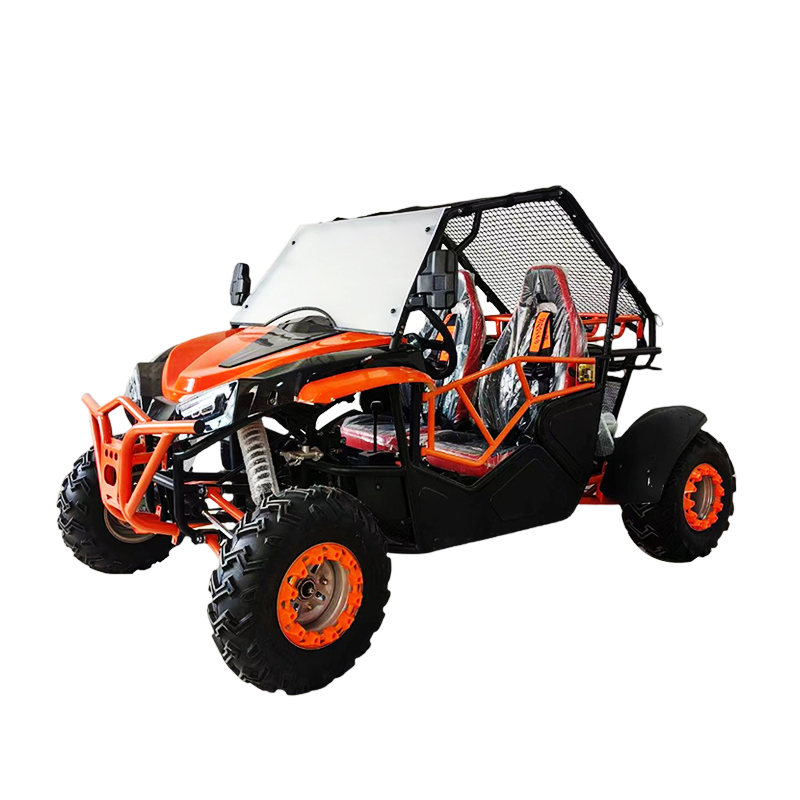
2. Match Legal Regulations and Functional Needs
Before purchasing any UTV products, it's essential to confirm the vehicle's legality in your area. While some regions allow UTV four wheelers on public roads, others restrict their usage to private properties or closed off-road trails. In some countries or states, UTVs may require special registration, license plates, or insurance coverage.
The type of all-terrain vehicle you choose should align with your intended use. For agricultural or transportation purposes, practical UTV products with cargo boxes capable of carrying loads of 200kg or more are ideal. These utility-focused models are often referred to as “farmers' cars” due to their reliability in fieldwork. On the other hand, if your primary goal is recreational use, opt for UTV four wheelers with larger engine displacement (e.g., 1000cc), upgraded suspension, and high ground clearance to handle intense off-road activities.
3. Choose Reliable Brands with Good After-Sales Support
Well-established manufacturers like Polaris and Bombardier offer a wide selection of high-quality UTV products and ensure consistent parts availability and service support. Choosing a reputable brand reduces long-term maintenance issues and enhances the resale value of your all-terrain vehicle.
For those considering electric UTV four wheelers, battery life and charging speed are key factors. A battery range of at least 80 kilometers is recommended, and fast-charging capability can drastically reduce downtime.
4. Test Drive and Inspect Build Quality
A proper test drive is invaluable before committing to any UTV products. During the test, focus on steering responsiveness, braking efficiency, and suspension absorption. Check how the UTV all terrain tires perform under sudden turns or on uneven surfaces. Also, inspect welding joints, control panel functions, and waterproofing of the electrical components to ensure long-term durability.
Remember, the fundamental distinction between UTVs and other types of all-terrain vehicle—such as ATVs—lies in their steering (steering wheel vs. handlebar) and capacity (multi-passenger vs. single rider). Knowing your purpose and environment will help you select suitable option from the wide range of UTV four wheelers equipped with durable UTV all terrain tires.
Buying a UTV is more than just picking a stylish off-roader. By carefully evaluating the technical specs, legality, terrain adaptability, and overall performance of UTV products, you'll ensure a safe, durable, and enjoyable experience whether you're working on farmland or heading deep into the wilderness with your all-terrain vehicle.

